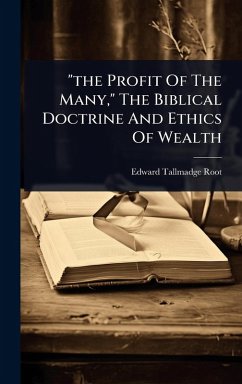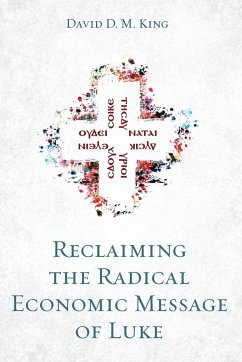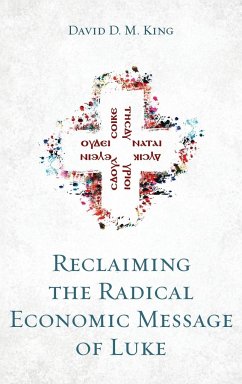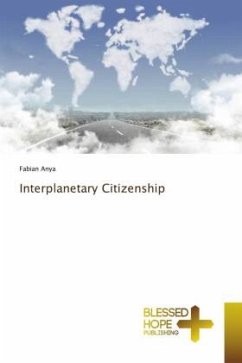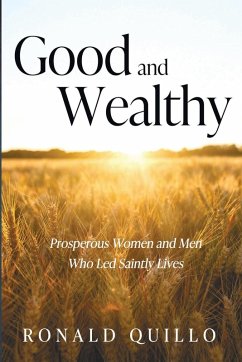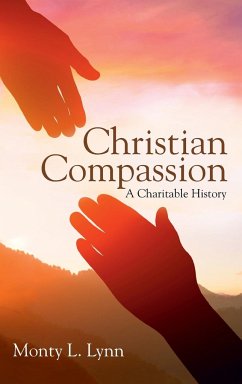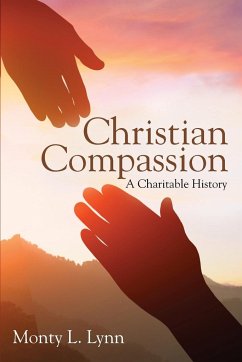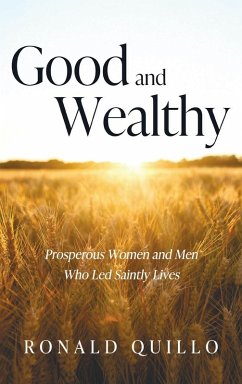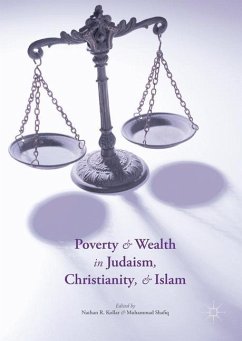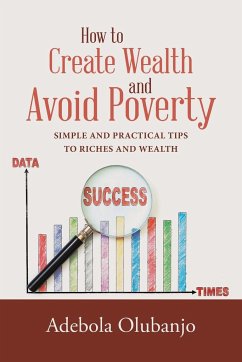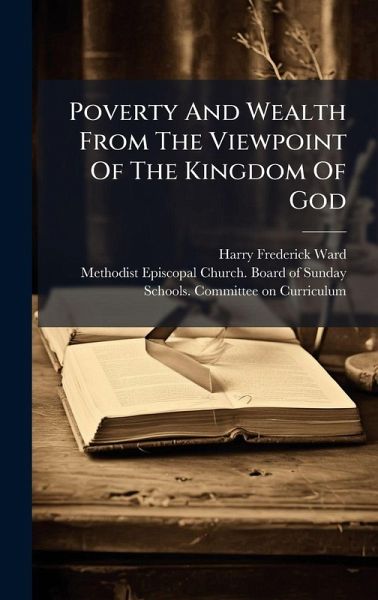
Poverty And Wealth From The Viewpoint Of The Kingdom Of God
Versandkostenfrei!
Versandfertig in über 4 Wochen
29,99 €
inkl. MwSt.
Weitere Ausgaben:

PAYBACK Punkte
15 °P sammeln!
"Poverty and Wealth From the Viewpoint of the Kingdom of God" explores the ethical dimensions of economic inequality through a religious lens. Authored by Harry Frederick Ward, with contributions from the Methodist Episcopal Church, this work delves into Christian perspectives on poverty and wealth, examining the responsibilities of individuals and communities in addressing social disparities. The book provides a theological framework for understanding economic issues, offering insights into how the principles of the Kingdom of God can inform discussions about fairness, justice, and the distri...
"Poverty and Wealth From the Viewpoint of the Kingdom of God" explores the ethical dimensions of economic inequality through a religious lens. Authored by Harry Frederick Ward, with contributions from the Methodist Episcopal Church, this work delves into Christian perspectives on poverty and wealth, examining the responsibilities of individuals and communities in addressing social disparities. The book provides a theological framework for understanding economic issues, offering insights into how the principles of the Kingdom of God can inform discussions about fairness, justice, and the distribution of resources. This examination encourages readers to consider the moral implications of wealth and poverty and to seek solutions that align with Christian values. This work has been selected by scholars as being culturally important, and is part of the knowledge base of civilization as we know it. This work was reproduced from the original artifact, and remains as true to the original work as possible. Therefore, you will see the original copyright references, library stamps (as most of these works have been housed in our most important libraries around the world), and other notations in the work. This work is in the public domain in the United States of America, and possibly other nations. Within the United States, you may freely copy and distribute this work, as no entity (individual or corporate) has a copyright on the body of the work. As a reproduction of a historical artifact, this work may contain missing or blurred pages, poor pictures, errant marks, etc. Scholars believe, and we concur, that this work is important enough to be preserved, reproduced, and made generally available to the public. We appreciate your support of the preservation process, and thank you for being an important part of keeping this knowledge alive and relevant.



